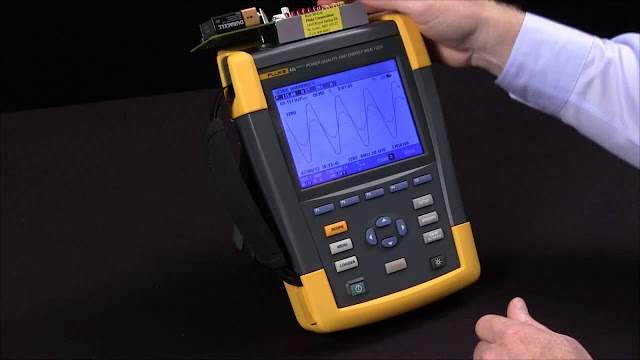Ethernet Card Is Estimated To Witness High Growth Owing To Increased Adoption Of Networking Solutions
Ethernet card provides an interface between a host system and a network, enabling connectivity and communication between a host system and other systems on a network. Ethernet cards are used in desktops, laptops, servers, and other network-connected devices to allow them to connect to physical Ethernet infrastructure and communicate with other systems on the network. The adoption of ethernet cards is growing owing to the widespread deployment of networking infrastructure and growth in IT infrastructure across industries. Ethernet cards provide higher bandwidth and reliability compared to legacy technologies. The demand for high-performance networking solutions from various industries is also acting as a major driver for the ethernet card market.
The global Ethernet Card Market is estimated to be valued at US$ 7.2 Bn in 2023 and is expected to exhibit a CAGR Of 13% over the forecast period 2024 To 2031, as highlighted in a new report published by Coherent Market Insights.
Market Opportunity:
Increased adoption of advanced networking solutions across various industries such as corporate offices, manufacturing plants, educational institutions, and healthcare facilities is providing momentum to the ethernet card market. These industries are increasingly implementing high-speed wired networking infrastructure for applications such as enterprise networking, IoT connectivity, video surveillance, and infrastructure monitoring. Ethernet cards enable the seamless connectivity of endpoints such as PCs, servers, industrial equipment to wired networks at speeds of 1Gbps and above. The adoption of ethernet cards is expected to grow significantly driven by the deployment of high-speed networking infrastructure across industries for applications requiring higher bandwidth.
Porter's Analysis
Threat of new entrants: The ethernet card market has moderate threat of new entrants due to high R&D costs involved. However, opportunities may arise from disruptive technologies.
Bargaining power of buyers: Buyers have moderate to high bargaining power due to availability of alternative ethernet card options from multiple vendors. However, buyers demand high quality ethernet cards from reputed brands.
Bargaining power of suppliers: Suppliers have moderate bargaining power due to presence of many component suppliers and requirement of technical expertise. However, switching costs are high for buyers.
Threat of new substitutes: Threat of substitutes is low as there is no direct substitute for ethernet cards which enable high-speed data transfer and networking.
Competitive rivalry: The market has high competitive rivalry due to presence of many global and local players offering varied ethernet card technologies and formats.
SWOT Analysis
Strengths: Ethernet cards offer reliable, secure and high-speed data transfer. Key players like Intel, Cisco Systems have established brands.
Weaknesses: Require technical skills for installation and upgradation. Customers may prefer wireless options for ease of use.
Opportunities: Growth in Ethernet-based infrastructure for IoT, increasing fiber to home networks present opportunities.
Threats: Decline in overall PC sales impact ethernet card sales. Security threats from cybercrimes on networked systems.
Key Takeaways
The Global Ethernet Card Market Demand is expected to witness high growth during the forecast period due to increasing adoption of high-speed wired connectivity solutions across industries for applications such as video streaming, online gaming.
Regional analysis:
North America region currently dominates the Ethernet Card market owing to advanced network infrastructure and high technology adoption. Asia Pacific Ethernet Card market is expected to grow at the highest CAGR during the forecast period due to ongoing industrialization and increasing investments in networking projects across developing nations such as China and India.
Key players operating in the ethernet card market are Gilead Sciences, Inc, Bristol Myers Squibb, F. Hoffmann-La Roche Ltd, Cipla Limited, Novo Nordisk A/S, SFresenius SE & Co. KGaA (Fresenius Kabi), Anofi, Aurobindo Pharmaceuticals, Merck & Co., Inc, Takeda Pharmaceutical Company Limited, Zydus Group, Vetter Pharma, Johnson & Johnson Services, Inc. These companies offer varied product portfolios for different end-use applications. For example, Intel Corporation is a leader in ethernet and network adapters for desktops and servers.
Get more insights on this topic :




Comments
Post a Comment